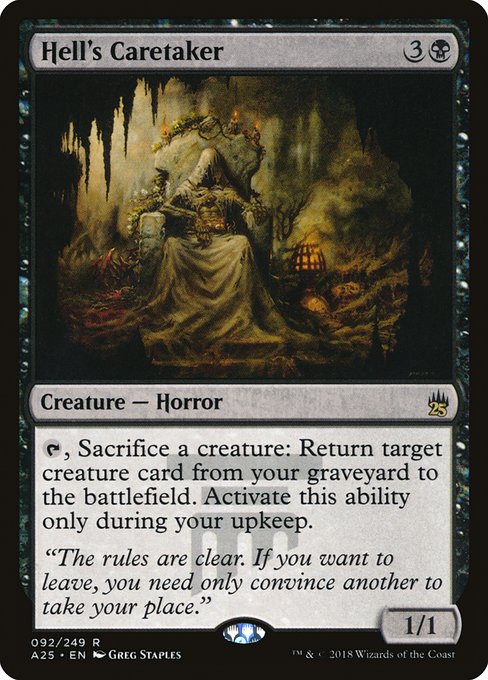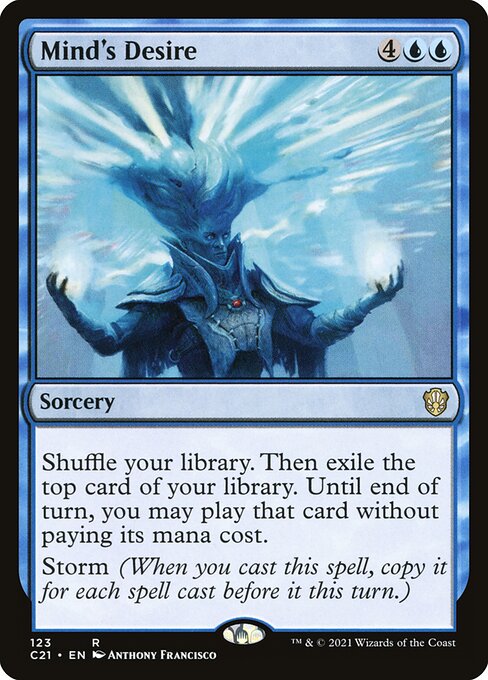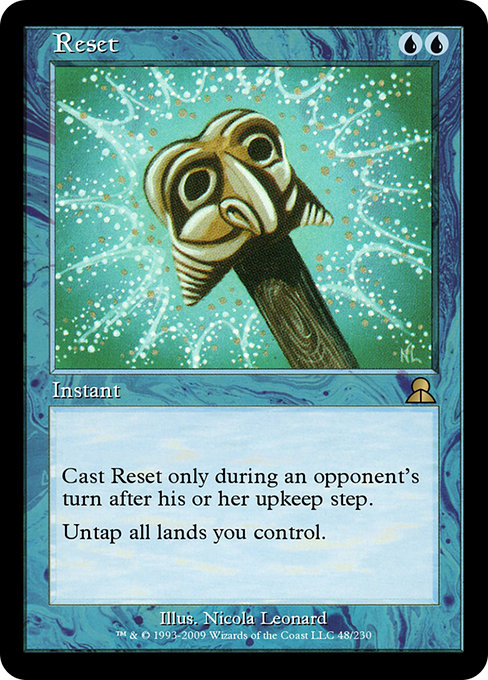During Christmas gatherings, my wife’s family plays a card game they call Hell. Each player in the game is given a deck of standard playing cards. The decks have unique backs, because the game is scored based on the number of your cards you add to shared piles. They then have to burn through a stack of thirteen cards taken from that deck, either by completing a game of solitaire or (preferably) adding those cards to a shared field where all aces are placed when drawn.
In addition to your individual solitaire array, you have a shared field upon which you build ascending stacks based on suit. So you don’t just have to pay attention to your personal deck, but to the decks of each other player, and to every single stack of ace-king, which you have to beat the other players to laying the next card upon. It’s cutthroat, often resulting in jammed fingers and bruised feelings, and requires a gunslinger’s eye and an executioner’s heart.

My wife, who is blessed with an ability to process information from many different stimuli at once, almost always wins. I generally don’t even bother keeping count of my score, since it’s been in the negative each time I have. This means, while the other four players are tabulating their scores, I have a lot of time to analyze why, precisely, I’m absolutely garbage at this game, when card games are generally in my wheelhouse. I’ve learned—once the Hell-themed trash talk starts ramping up, I quietly slip away to the kitchen, to get elbow-deep in dishes and theorize about Commander decks.
Magic is methodical, where Hell is chaotic. In Magic, you can generally expect to draw one card and play one land per turn. You progress through distinct phases during which you can take specific game actions. Hell, in contrast, is an interlocked series of determined actions that shift based on randomized game pieces—and not just your own, but those of each player in the game. You can’t really replicate it in Magic, but imagine four fully-powered Mind’s Desire decks in a four-player game all attempting to go off and counter each other at once—while maintaining that no, actually, their rituals were Interrupts, not Instants, and so should be treated as though they had Split Second.

Magic’s randomness is within a set boundary. You know your exact seventy-five; at higher-level player or against an opponent with whom you’re familiar, you probably know theirs too. Hell involves many random iterations of separate decks held by each player. A single deck, appropriately shuffled, can yield 8×10^67 combinations; multiply that by the number of players in the game, and you’re in “atoms-in-the-universe” theoretical territory. In Magic, you may run as few as ten unique cards in your deck—all burn spells and Mountains, say—so the permutations aren’t as daunting. Combine that staggering statistics with the imperfections of human attention, and you can see how Hell gets its name.
All of this said, I enjoy playing Hell—not because I enjoy it, but because it humbles me and reminds me to give people some latitude as they pick up a new game. Magic is exceptionally complex, and once you’re familiar with the rules the structures essentially become binaries—should I do this now or not? Do I block or not? End of turn or during their upkeep?—if you’re starting as a new player, they’re daunting to the point of paralysis.

I’ve taught a half dozen folks how to play over the years, and the hardest part of the game is keeping them from being overwhelmed by the learning curve. “Can I cast this?” sounds like a simple question, but there’s an entire flowchart of optimization corollaries bound up in that. That, to me, is elegance—the beauty of Magic is that “can I do this?” is more better phrased as “should I do this?” Other games I love—Ascension, Wingspan—have a similar internal game engine that stays constant from game to game and expansion to expansion, which is the baseline that allows you to truly get creative with how you engage with the game. Hell doesn’t allow for that predictability.
The holidays are a chaotic time of year under the best of circumstances—there are meals to properly time, travel plans to be made and readjusted, gifts to wrap in the caesuras between visits. It’s anything but the best of circumstances this year. I started a year-in-review piece before realizing that living through 2020 once was enough. Any summary of it would be better composed with a bit of perspective. I hope we’re all able to find that perspective in the new year, and that 2021 is more Magical than Hellish for each and every one of us.
A lifelong resident of the Carolinas and a graduate of the University of North Carolina, Rob has played Magic since he picked a Darkling Stalker up off the soccer field at summer camp. He works for nonprofits as an educational strategies developer and, in his off-hours, enjoys writing fiction, playing games, and exploring new beers.

